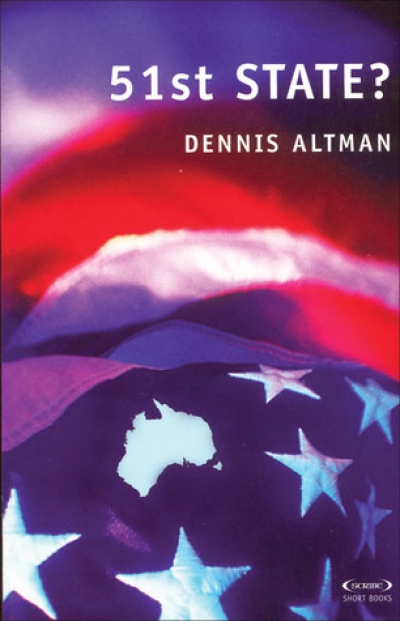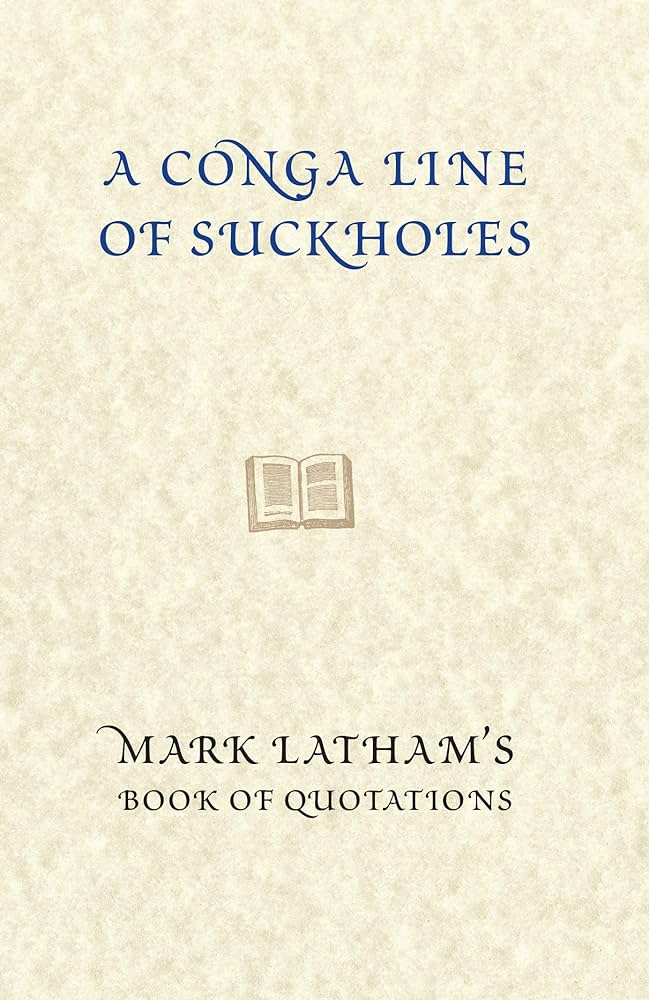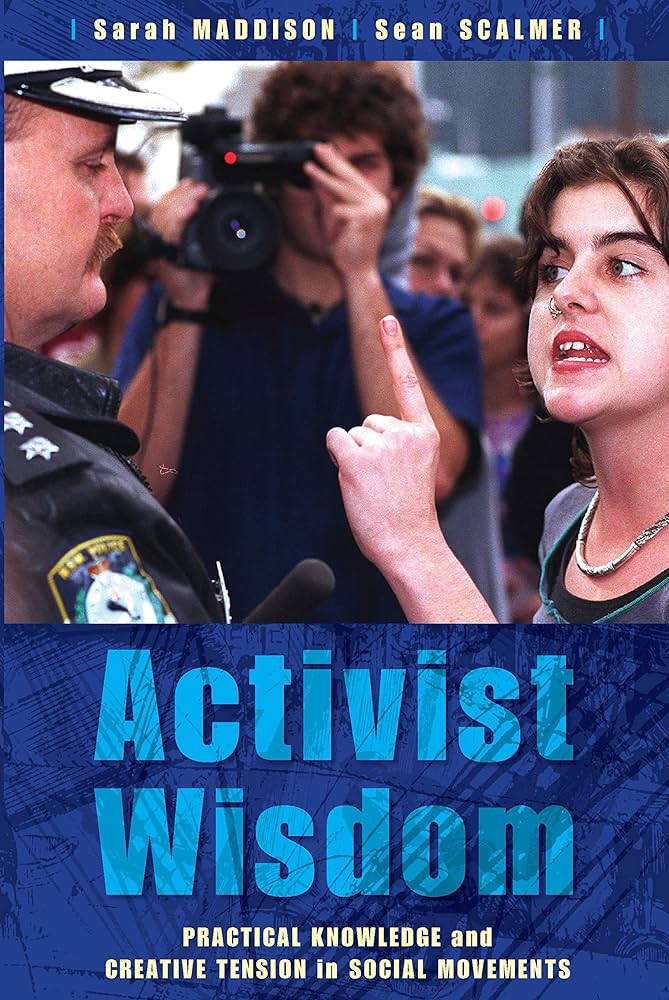Politics
An Australian Republic by Greg Barnes and Anna Krawec-Wheaton
An Australian Republic presents itself as the book to reopen the republic debate – a defibrillator for our body politic. It turns out, however, to be another example of the lazy argument that marks much of Australia’s progressive discourse. It answers to nothing but its own echo chamber. Meaningless sentences such as ‘Australia is a nation of multiple and changing identities; a moving kaleidoscope of diverse and colourful images’ abound; baseless statements – such as ‘for many of those immigrants … a constitutional system that identified both structurally and symbolically with Australia’s British origins was incompatible, unfamiliar, and indeed alien’ – are supported with the barest of evidence (the quote’s footnote refers readers to an article in Feminist Review entitled ‘The Republic is a Feminist Issue’). Inconsistencies stick out like bookmarks: John Howard’s narrowly economic definition of Australianness ‘promotes a distinctive and exclusively white, male-orientated, Brito-centric identity’. True, perhaps, but this could equally be said about other conceptions of Australian identity presented, without censure, on the preceding page.
... (read more)The War on Democracy: Conservative opinion in the Australian press edited by Niall Lucy and Steve Mickler
At the dinner to celebrate the fiftieth anniversary of Quadrant magazine in October 2006, John Howard gave one of the most revealing speeches of his prime ministership. Celebrating with the magazine the victory of democracy over communism, he went on to denounce a whole range of left-wing sins. He attacked the New Left counterculture, where it had become the ‘height of intellectual sophistication to believe that people in the West were no less oppressed than people under the yoke of communist dictatorship’. Moreover, ‘it had become de rigueur in intellectual circles to regard Australian history as little more than a litany of sexism, racism and class warfare’. Fortunately, a ‘few brave individuals’ took a ‘stand against the orthodoxies of the day’; Howard congratulated Quadrant for defending both Geoffrey Blainey and Keith Windschuttle ‘against the posses of political correctness’. Nowhere were ‘the fangs of the left’ so visible as in the character assassination of Geoffrey Blainey. Despite some progress, the ‘soft left’ still ‘holds sway, even dominance, especially in Australia’s universities by virtue of its long march through the institutions’. Howard then likened the current struggle against Islamic terrorism to the Cold War, and criticised opponents of the war in Iraq ‘who now talk as if Iraq was some island of Islamic tranquillity before 2003’. Although there was some criticism of the speech in the media, the most notable aspect was the chorus of compliments that amplified its main themes. Greg Sheridan applauded the way the prime minister had ‘rightly bemoaned the continuing dominance of the soft Left’ (Australian, 7 October 2006). Michael Duffy thought it was ‘probably the most ideologically impressive [speech] ever made by the Prime Minister’ (Sydney Morning Herald, 7 October 2006). Piers Akerman approved the way ‘Howard is not going to let those who lacked his and Quadrant’s commitments to those ideals [i.e. intellectual freedom and liberal democracy] forget where they stood … To peals of laughter, he quoted George Orwell: “One has to belong to the intelligentsia to believe things like that: no ordinary man could be such a fool”’ (Daily Telegraph, 5 October 2006). Miranda Devine thought this address, recalling ‘50 years of the left’s worst excesses’, ‘was a speech to cement the “real” John Howard’s place in history and his role in the culture wars, through which he has steered Australia resolutely and irrevocably in his ten years in office, much to the chagrin of his detractors’ (Sydney Morning Herald, 5 October 2006). Janet Albrechtsen rejoiced that, ‘[o]nce again, Howard seems to be embracing an electorate willing to confront old orthodoxies. And the remarkable thing is that after 10 long years in power, Howard the conservative is still a front-foot reformer, challenging the status quo. As with his previous battles in the culture wars, education reform will demand a marked shift in the way Howard is ultimately judged by history: not as merely an economic steward but as a crusader in the ideas war’ (Australian, 25 October 2006).
... (read more)The International Struggle Over Iraq: Politics in the UN security council 1980–2005 by David M. Malone
Public debate in Australia about the United Nations is remarkably thin, and it is dominated by two familiar tribes of pundits: UN groupies and UN bashers. The groupies defend the international organisation come what may: they are suspicious about the motives of nation-states – especially the United States – and they get an attack of the vapours every time Kofi Annan appears at a lectern. UN bashers, on the other hand, never saw a Security Council resolution they liked. They scoff at the time it takes states to argue their differences, bristle at the idea of dealing with non-democracies, and propose American power as an alternative organising principle for the world. Neither group, in other words, takes a balanced or realistic view of the world body. They are so busy praising the UN or burying it that they don’t have the time (or, rather, the column inches) to analyse it.
... (read more)After The Neocons by Francis Fukuyama & Ethical Realism by Anatol Lieven and John Hulsman
Beyond American failure in Iraq lies a second, deeper failure. America’s Iraq project was always intended by its proponents not just to fix Iraq and transform the Middle East, but also to demonstrate a new grand policy concept for the twenty-first century. This was the Bush Doctrine, enshrining the now-familiar ideas of the neo-conservatives: America’s power, especially its military power, is omnipotent; its values and institutions are universally desired and universally applicable; hence America’s destiny – and after 9/11 even its very survival – requires it to use this immense power, pre-emptively and unilaterally if necessary, to reshape the world in America’s image. The neo-cons themselves called it a vision for a New American Century.
... (read more)That quintessential Australian–American, Rupert Murdoch, recently counselled Australians against ‘the facile, reflexive, unthinking anti-Americanism that has gripped much of Europe’. While I confess to a certain Schadenfreude when the chief propagandist for the second Iraqi war, which has contributed mightily to that European alienation, seeks to come to grips with the war’s consequences, I think it unlikely that Australia will go down the European path. For Australians, the American relationship looms much larger than it does for Europeans. As Dennis Altman shows in his elegant and argumentative essay 51st State?, the relationship is deep-rooted in our history, psyche, and culture. We were, after all, one by-product of the American War of Independence. For him, the danger is not so much anti-Americanism but that, in ‘a world dominated by the American imaginary’, we, like Rupert’s News Corporation, might lose our national identity.
... (read more)The Victorian Premiers 1856–2006 edited by Paul Strangio and Brian Costar
Gough Whitlam was sometimes naughty. Descending in a crowded lift from a conference attended by a number of state parliamentary delegates, he looked down on his fellow passengers and growled ‘pissant state politicians’. It was the sort of remark he liked to get off his chest. In a more deliberative mood, Whitlam, in his 1957 Chifley Memorial Lecture, wrote of state parliamentarians in the following terms: ‘Much can be achieved by Labor members of the state parliaments in effectuating Labor’s aims of more effective powers for the national parliament and for local government. Their role is to bring about their own dissolution.’ These remarks reflect a widespread dissatisfaction with Australia’s ‘colonial’ constitution and with the division of powers between the three tiers of government. The Whitlam government favoured increased powers and responsibilities for both Canberra and local government.
... (read more)A Conga Line of Suckholes: Mark Latham’s book of quotations by Mark Latham
This is a selection of the quotations Mark Latham collected during his time in local and federal politics. The quotations are arranged alphabetically by subject, from ‘Aboriginal People’ to ‘Working Class’. Given Latham’s career, it is not surprising that the emphasis is on political quotations and quotations from politicians.
Some quotations are quite familiar, as with Winston Churchill’s comment on a former Conservative MP who was seeking to stand as a liberal: ‘The only instance of a rat swimming towards a sinking ship.’ I was touched by Archbishop Desmond Tutu’s incisive critique of colonising missionaries: ‘When the missionaries first came to Africa they had the Bible and we had the land. They said “Let us pray” and when we opened our eyes, we had the Bible and they had the land.’ Charles de Gaulle demonstrates Gallic culinary wit: ‘How can you govern a country which has 246 varieties of cheese?’ Readers will find their own favourites.
... (read more)Michael Gurr was Victorian Premier Steve Bracks’s first senior speechwriter. I am his latest. Gurr worked for Victorian Treasurer John Brumby when he was leader of the state opposition in the mid-1990s. So did I. Gurr wrote the launch speeches for Steve Bracks’s successful 1999 and 2002 state election campaigns. As I type this review, I am also, coincidentally, in the midst of ballpointing my way to the summit of my first draft of the launch speech for the 2006 campaign (a campaign that I cannot know the result of as I type, but you will already know as you read this). The coincidences do not end there.
Gurr’s speech for the 1999 campaign – one made famous by the unexpected defeat of Premier Jeff Kennett – was launched in Ballarat. The 2006 campaign will be launched in Ballarat. Gurr is known in Labor circles as a ‘creative type’ (read: prolific, award-winning playwright of works such as Jerusalem and Sex Diary of an Infidel). I am also known as a ‘creative type’ (novelist and poet). And yet, despite all these coincidences and intersecting lines, not to mention the backbench of associates we have in common, Gurr and I had never met when a speech request landed on my desk a while back with the title ‘Michael Gurr book launch’. Of course, I knew of Gurr. Sort of.
... (read more)Activist Wisdom: Practical Knowledge and Creative Tension in Social Movements by Sarah Maddison and Sean Scalmer
Activist Wisdom is the latest addition to the field of studies about Australian social movements. The authors, Sarah Maddison and Sean Scalmer, are academics who aim to take ‘knowledge from the streets back into the academy’. They try to do this by considering how ‘practical knowledge’ (that is, the knowledge that activists have gained ‘from experience’) has contributed to the survival of different movements.
... (read more)The fifth anniversary of the 9/11 attacks revived familiar lines of debate about the significance of terrorism. On one side are those who believe that 9/11 brought into stark relief a deadly new challenge to our values and existence, an enemy that must be faced resolutely and fought on every front. On the other are those who believe that 9/11 gave birth (or rebirth) not to a new form of threat but to a noxious form of politics: self-righteous, muscular and xenophobic. It is to this stand-off that Robert Goodin makes a refreshing and much-needed contribution. Goodin is a rare commodity: a political philosopher who remains resolutely focused on the problems and controversies that bedevil the real world of politics and policy. His most recent offering, What’s Wrong with Terrorism?, sets out to make a ‘moral assessment of the phenomenon of terrorism and reactions to it’, asking: ‘what is the distinctive wrong of terrorism? … what makes terrorists different from, and morally even worse than, ordinary murderers, kidnappers, and so on?’
... (read more)







